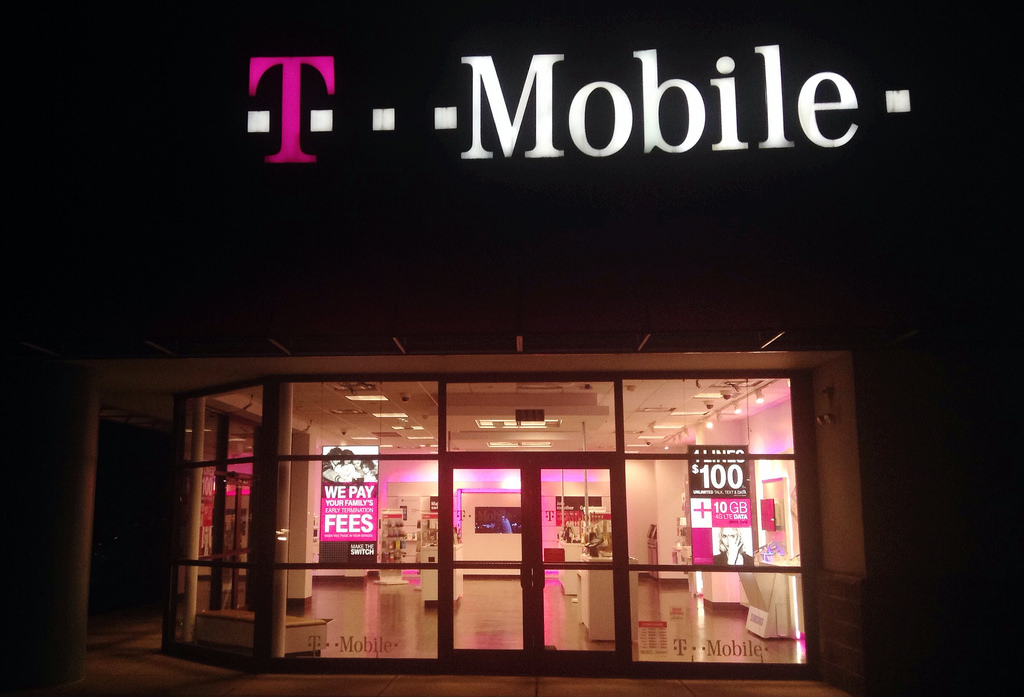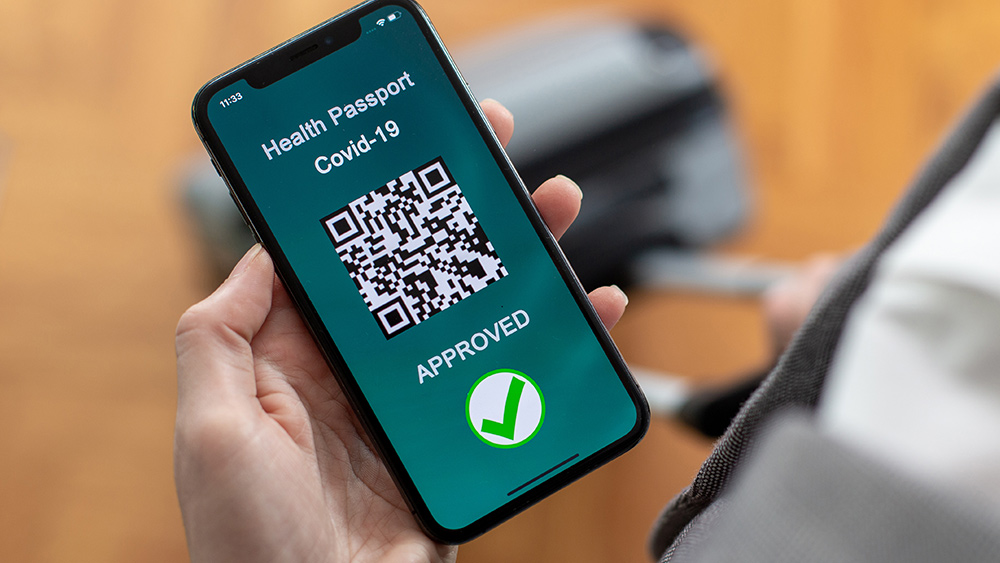100 million T-Mobile, Sprint customers hacked: SSNs, home addresses stolen
08/17/2021 / By Ethan Huff

A massive data breach has occurred at T-Mobile and Sprint, exposing the private data of at least 100 million customers to hackers who are now trying to sell it on the black market in exchange for Bitcoin.
According to reports, the stolen data includes social security numbers (SSNs), phone numbers, names, physical addresses, unique IMEI numbers and driver licenses information.
In a statement to USA Today, T-Mobile said it is actively investigating the situation and has nothing more to say at this time.
In an underground forum, a seller is asking for six Bitcoin, worth around $270,000, in exchange for a subset of the data containing 30 million SSNs and driver licenses. The seller says that he or she is privately selling the rest of the data.
“I think they already found out because we lost access to the backdoored servers,” the seller wrote, referring to T-Mobile’s potential response to the breach.
“It’s backed up in multiple places,” the seller added, noting that while T-Mobile has kicked the hacker out of the servers, the hacker already downloaded the data locally.
News of the hack was followed by T-Mobile’s stock taking a small dive of 2.9 percent.
“We are aware of claims made in an underground forum and have been actively investigating their validity,” a T-Mobile spokesperson is quoted as saying. “We do not have any additional information to share at this time.”
Are massive data breaches being used to convince the public to take the “mark of the beast?”
The reported hack is one of the biggest to ever occur at T-Mobile. If confirmed, the data stolen covers nearly all of T-Mobile’s customers in the United States, as the company reported nearly 105 million customers in the second quarter.
Earlier in the year, T-Mobile incurred a smaller hack, cybersecurity experts claimed. That day, T-Mobile’s stock sunk about 1.8 percent.
“We have not yet determined that there is any personal customer data involved,” the company added in a statement.
“We are confident that the entry point used to gain access has been closed, and we are continuing our deep technical review of the situation across our systems to identify the nature of any data that was illegally accessed.”
Back in 2019, the Department of Justice under Donald Trump approved a merger between T-Mobile and Sprint that made the new joint company the largest wireless carrier in the United States.
Despite the antitrust implications of the merger, which had been hotly contested for several years prior, the Trump administration decided that it was in the best interests of the continued 5G rollout to let the two companies merge so the telecommunications agenda can be advanced at warp speed.
The recent breach could be used, one Citizen Free Press commenter speculated, to advance the “mark of the beast” agenda of the coming one-world order.
“At this point, I think we can all see the future clearly,” this person wrote. “How many data breaches, losses of unique, personal data, and financial loss would it require to get the country to accept a non-hackable, embedded blockchain-enabled chip tattooed bar code – a unique personal identifier that no one could counterfeit – in each person?”
“I can tell you that the technology exists to tie that block-chain chip to uniquely identifying biological characteristics of each person, so that anyone else having that chip could not present themselves as a fake, counterfeit representation of you. It would ease financial transactions. Social media logins, passwords, etc. would be a thing of the past.”
Others pointed out that whoever wants the stolen data probably already had it anyway, and that the public revelation of it via the mainstream media probably serves some other hidden purpose.
To keep up with the latest news about 5G technology, visit 5galert.com.
Sources for this article include:
Tagged Under: 5g, addresses, bitcoin, breach, cyber war, Glitch, Hacked, identity theft, Mark of the beast, social security numbers, Sprint, T-Mobile
RECENT NEWS & ARTICLES
COPYRIGHT © 2017 COMPUTING NEWS





















